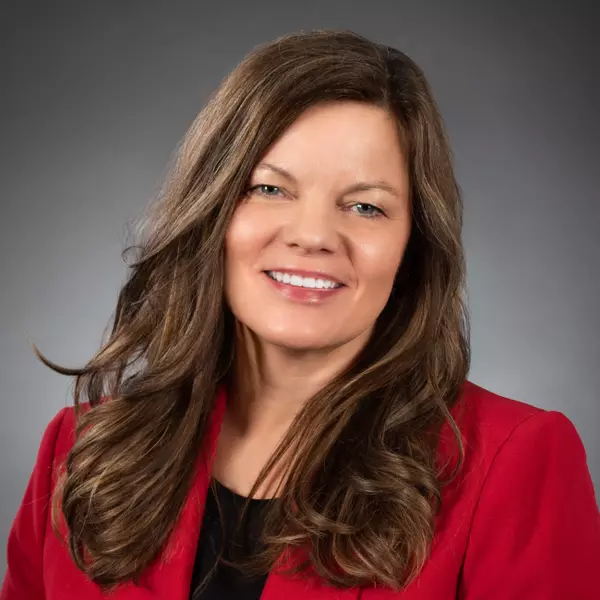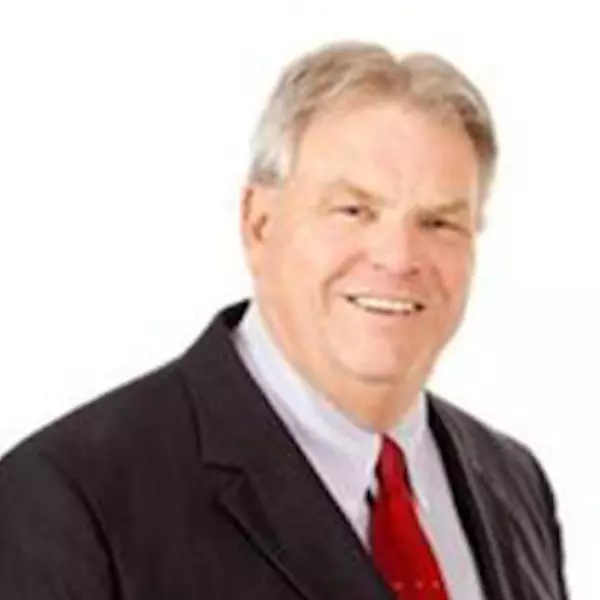FEATURED LISTINGS
- 4 Beds2.5 Baths3,068 SqFt1/47 47New
$679,000
- 2 Beds2 Baths1,258 SqFt1/41 41Active
$275,000
- 4 Beds4.5 Baths5,240 SqFt1/62 62Open Sun 11AM-2PM
$6,250,000
- 3 Beds2 Baths1,346 SqFt1/32 32Open 12/20 11AM-2PM
$449,000
- 2 Beds2 Baths1,240 SqFt1/15 15Open Sun 10AM-2PM
$399,000
- 3 Beds2 Baths1,573 SqFtOpen 12/20 12PM-3PM
$379,999
- 3 Beds2 Baths1,500 SqFt1/35 35Open 12/20 12PM-3PM
$329,990
- 4 Beds2.5 Baths3,142 SqFt1/57 57Open Sun 12PM-2PM
$1,850,000
- 3 Beds3.5 Baths3,680 SqFt1/45 45Open Sun 10AM-4PM
$1,840,000
- 4 Beds4 Baths3,320 SqFt1/57 57Open Sun 11AM-2PM
$1,525,000
- 5 Beds3 Baths3,227 SqFt1/36 36Open Sun 1PM-4PM
$1,475,000
- 4 Beds2 Baths2,278 SqFt3DOpen Sat 11AM-2PM
$1,399,000
RECENTLY SOLD
- 3 Beds2 Baths1,659 SqFt1/39 39$442,000 $450,000 1.8%
- 3 Beds2 Baths1,283 SqFt1/39 39$410,000 $400,000 2.5%
- 3 Beds2 Baths1,591 SqFt1/41 41$515,000 $525,000 1.9%
MY BLOGS






























